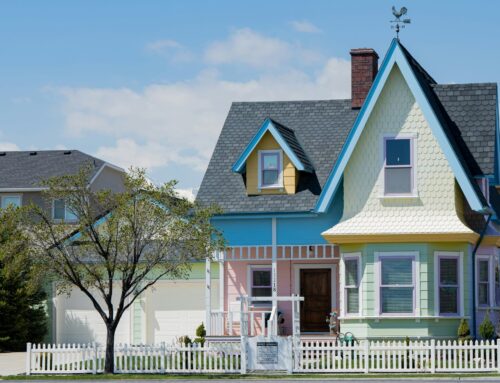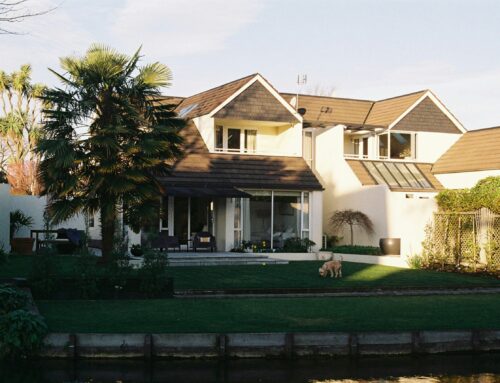With inflation at an all-time high, compared to how it was 3 decades ago and several other factors such as political and cultural atmospheres, it cannot be denied that one of the three basic human needs – shelter – is becoming harder and harder to acquire.
If you ask your parents or grandparents, most likely they’ll tell you that they were able to buy a house for themselves during their youth at approximately 200% less than what houses and properties cost now. This, among many reasons, is why the most common way to buy a house in any country is doing so by acquiring a mortgage.
First of all, what is a mortgage?
A mortgage is a loan bound by a legal agreement and solidified by a contract signed by both parties that allow individuals to purchase housing and property through the help of the bank and private or government institutions with agreed-upon terms and payment plan.
Now while there are a lot of ways to get mortgages (in some cases, even big companies finance and fund mortgage agreements with long-term employees to help them purchase a house) we’ll stick to the three most common types of mortgages so that you can figure out which is the best one for you.
Conventional Mortgages
Conventional Mortgages are the way to go if your credit score is within the midrange to high ratings and it’s coupled with you having a stable paycheck. This kind of mortgage is the most common mortgage as it is between an individual and a real estate firm, bank, or private institution. Since no federal interference is required, conventional mortgages require proof on paper that you have a credit score of above 620 and that you are capable of making timely payments.
The approval for a conventional loan usually comes after a series of background checks. Depending on your capability to pay the downpayment, your monthly mortgage will either be inclusive of a Private Mortgage Insurance (PMI), which may or may not increase your monthly mortgage payment. Because this relies heavily on the individual’s security, the benefit of it is that the other party (bank, institution, etc) has no flexibility to alter the terms of the mortgage.
Adjustable-Rate Mortgages
Adjustable Rate Mortgages are mortgages that allow individuals who may not have that high of a credit score to still be able to purchase a house or property at a lowered rate during entering the mortgage agreement.
However, as this agreement is still with private institutions, the tricky part of adjustable-rate mortgages is the ability of the institution to be flexible in changing the rates and a few of the terms in your mortgage agreement according to real estate trends among other factors. Because of this, an adjustable-rate mortgage may seem like a cheap first step to take to own your own home but is not advisable if you’ll be purchasing a home that requires a loan with a repayment plan of more than 10 years as the rates may increase exponentially.
Adjustable Rate Mortgages are the way to go if you are looking into buying a small property you don’t plan on taking more than 10 years to repay.
Government-backed loans
Government-backed loans are for those who are determined to purchase a house regardless of economic standing, credit score, or financial security. There are three departments and state-owned organizations that fund Government-backed loans. The Federal Housing Administration, Department of Veteran Affairs, and Department of Agriculture all provide housing loans for those who meet their criteria.
Since Government-backed loans have very specific criteria depending on what the department funding it advocates for i.e veteran affairs prioritizing veterans, low-income families, etc. the best thing to do when considering a loan is to look into government-backed loans first to see if you qualify for any.
For those who meet the criteria, Government-backed loans are the most ideal way to buy a property as they have low-interest rates, flexible payment plans, and are willing to restructure as needed depending on your financial status. With this, a Government-backed loan is actually the type of mortgage to get that will hurt your wallet the least.
Final Thoughts
There are more than three types of mortgages in the country but all of them more or less fall under these three blanket types. Depending on your occupation and the stability of income, your credit score, and other factors, you’ll be able to apply to at least one of the three options stated above.
Don’t be daunted by the increasing prices brought upon by today’s society. Remember that at the end of the day, being able to live in your own house is a basic human need and it’s perfectly alright to go for whatever loan can help you make sure that need is fulfilled.







Leave A Comment